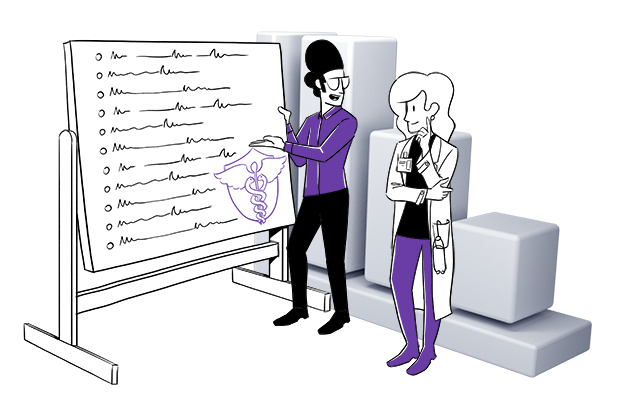The European Digital Services Act aims to modernize the e-Commerce Directive concerning illegal content, transparent advertising, and online disinformation.
It seeks to regulate “online intermediaries and platforms.” These include “online marketplaces, social networks, content-sharing platforms, app stores, and online travel and accommodation platforms.” In addition, it requires online platforms to moderate content and implements transparency in data collection.
The regulation gives better protection to users, ensures fundamental online rights, establishes transparency and accountability for online platforms, and provides a single framework across the EU.
After the Digital Services Act went into effect on November 16, 2022, online platforms were required to report the number of active end users on their websites by February 17, 2023. Based on these numbers, the European Commission will decide whether a platform should be designated a very large online platform or search engine. Consequently, the entity in question will have four months to complete and submit its first annual risk assessment.
The DSA will be applicable from February 17, 2024, at the latest.
You may also like:
The Digital Services Act (DSA)
-

4 ways to make your analytics HIPAA-compliant: Implementation guide
Healthcare organizations have four main approaches to achieving HIPAA-compliant analytics. Each has different trade-offs in cost, technical complexity, and analytics capabilities. This guide compares all four implementation methods – from using Google Analytics with workarounds to deploying fully HIPAA-compliant analytics platforms – so you can choose the right approach for your organization’s needs and resources.
-

Is Google Analytics HIPAA-compliant?
If you use Google Analytics or similar software, you’re likely already optimizing your website to serve your customers better. But what about Google Analytics and HIPAA compliance? In short – if you’re a HIPAA-covered entity, using GA4 puts you at serious risk of a HIPAA breach. Google states that Google Analytics doesn’t satisfy HIPAA requirements. And…
Other definitions
Recent posts from Piwik PRO blog
- 4 ways to make your analytics HIPAA-compliant: Implementation guide
- Is Google Analytics HIPAA-compliant?
- HIPAA-compliant marketing & advertising: How to run compliant campaigns in healthcare
- PHI vs PII in HIPAA: Healthcare marketing compliance guide
- Piwik PRO recognized as the Emerging Partner of the Year by Acquia
- How can healthcare organizations benefit from using a customer data platform (CDP)
- Banking website analytics for financial services: Tracking without compromising customer trust
- Five things every marketer should know about web analytics in 2026








